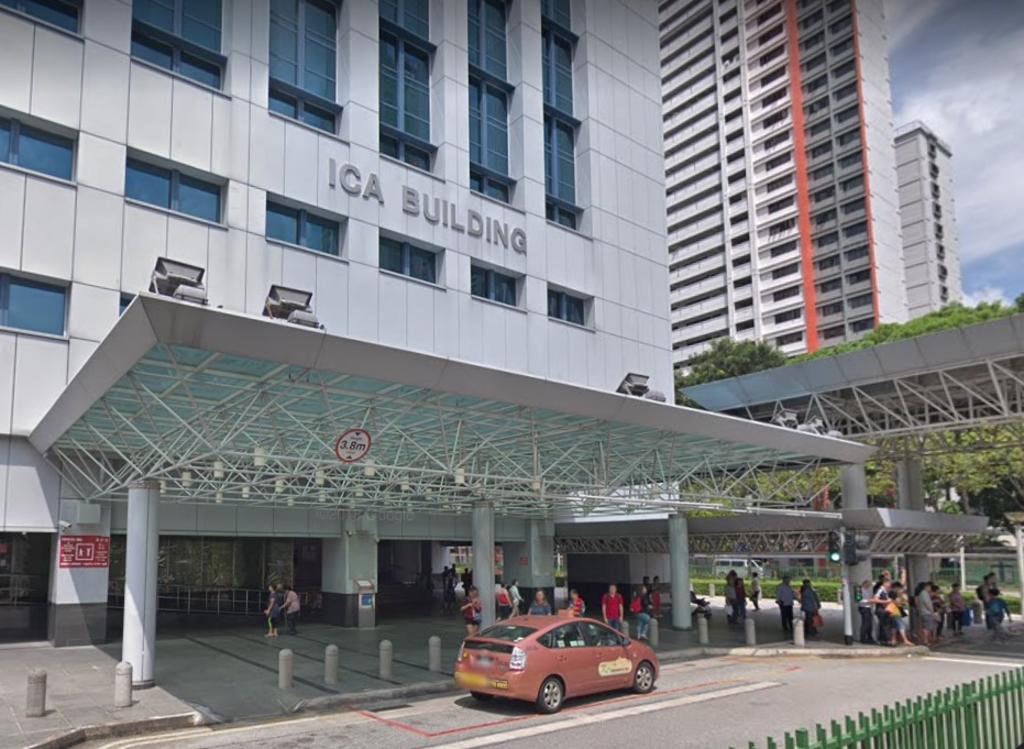-
Advocacy Theme
-
Tags
- Abortion
- Adoption
- Caregiving
- CEDAW
- Disability
- Domestic Violence
- Domestic Workers
- Harassment
- Healthcare
- Housing
- International/Regional Work
- Maintenance
- Media
- Migrant Spouses
- Migrant Workers
- Muslim Law
- National budget
- Parental Leave
- Parenthood
- Polygamy
- Population
- Race and religion
- Sexual Violence
- Sexuality Education
- Single Parents
- Social Support
- Sterilisation
- Women's Charter
Grant automatic extension of short-term visit passes for foreign spouses of S’pore residents amid border closures
September 15th, 2020 | Letters and op-eds, Migration and Trafficking, News
This op-ed was originally published in TODAY on 14 September 2020.
In a written reply to a parliamentary question filed on Sept 4, Minister for Home Affairs and Law K Shanmugam said that from February to July 2020, the Immigration and Checkpoints Authority received 8,395 applications from migrant spouses of Singaporeans to extend their short-term visit pass. Of these, 2.8 per cent were rejected.
The Association of Women for Action and Research (Aware) is relieved to see that the majority of short-term visit pass extension applications have been approved. Yet we remain cognisant of the fact that living on 30-day passes is still a stressful experience for many families amid prevailing border closures.
Many Singaporeans with foreign spouses have reached out to us in the last month to share their frustrations and distress at having one member of the family be on a STVP during already uncertain times.
Some scrambled to apply for an extension a few days before the pass is due to expire — they had hoped that their application for a long-term visit pass would be approved in the meantime, allowing them to reside with their family in Singapore for a longer period of time.
Those whose long-term visit pass applications were rejected have to continue relying on these 30-day short-term visit pass passes for their right to stay here.
The New Zealand government recently announced that those presently in the country on visitor visas due to expire before the end of October 2020 will receive an automatic five-month extension, in view of global travel restrictions.
We hope that Singapore would consider implementing a similar policy of granting an automatic five-month extension for foreign spouses of Singaporeans and permanent residents.
In his reply, Mr Shanmugam said that to assist those with genuine difficulties arising from the pandemic, the authorities will consider additional factors, such as prevailing travel restrictions and flight connectivity, when assessing the extensions of renewal of passes.
At the same time, extensions are already generally approved — meaning that the vast majority of applicants actually meet the requirements. It would be more resource- and time-efficient to grant extensions automatically instead while travel restrictions are still in place.
More importantly, it would bring great relief to families who presently have to worry every 30 days or so about whether they are going to be physically separated.
Chong Ning Qian
Senior Executive of Research
AWARE




